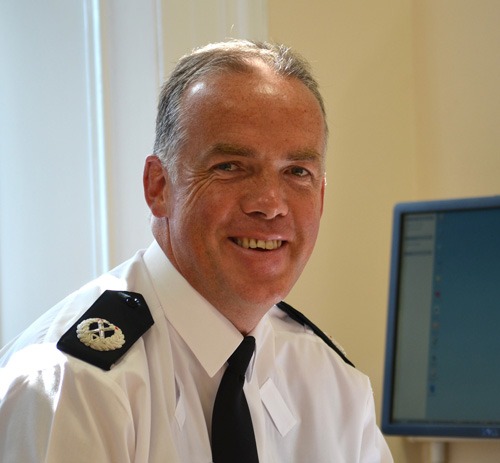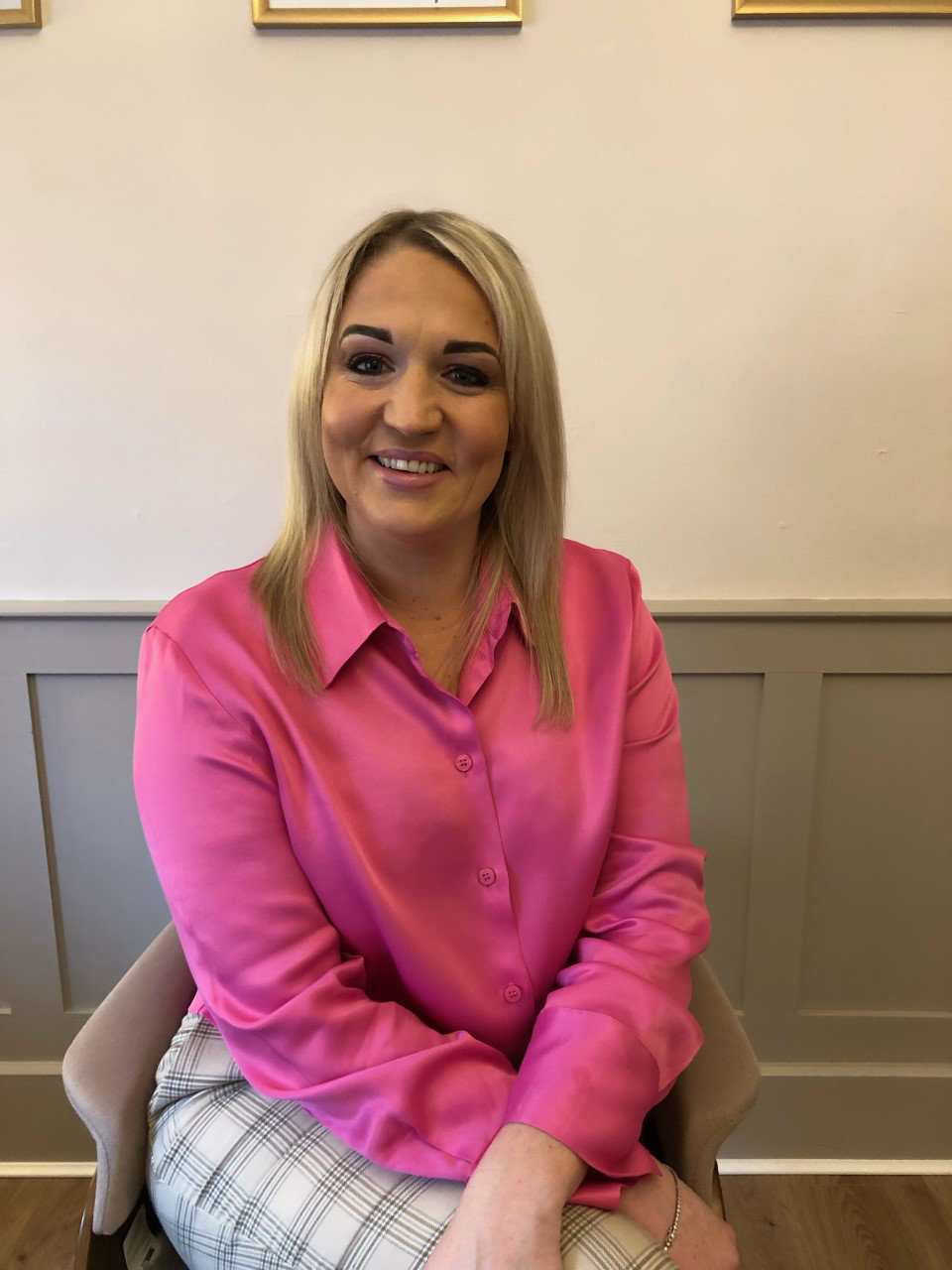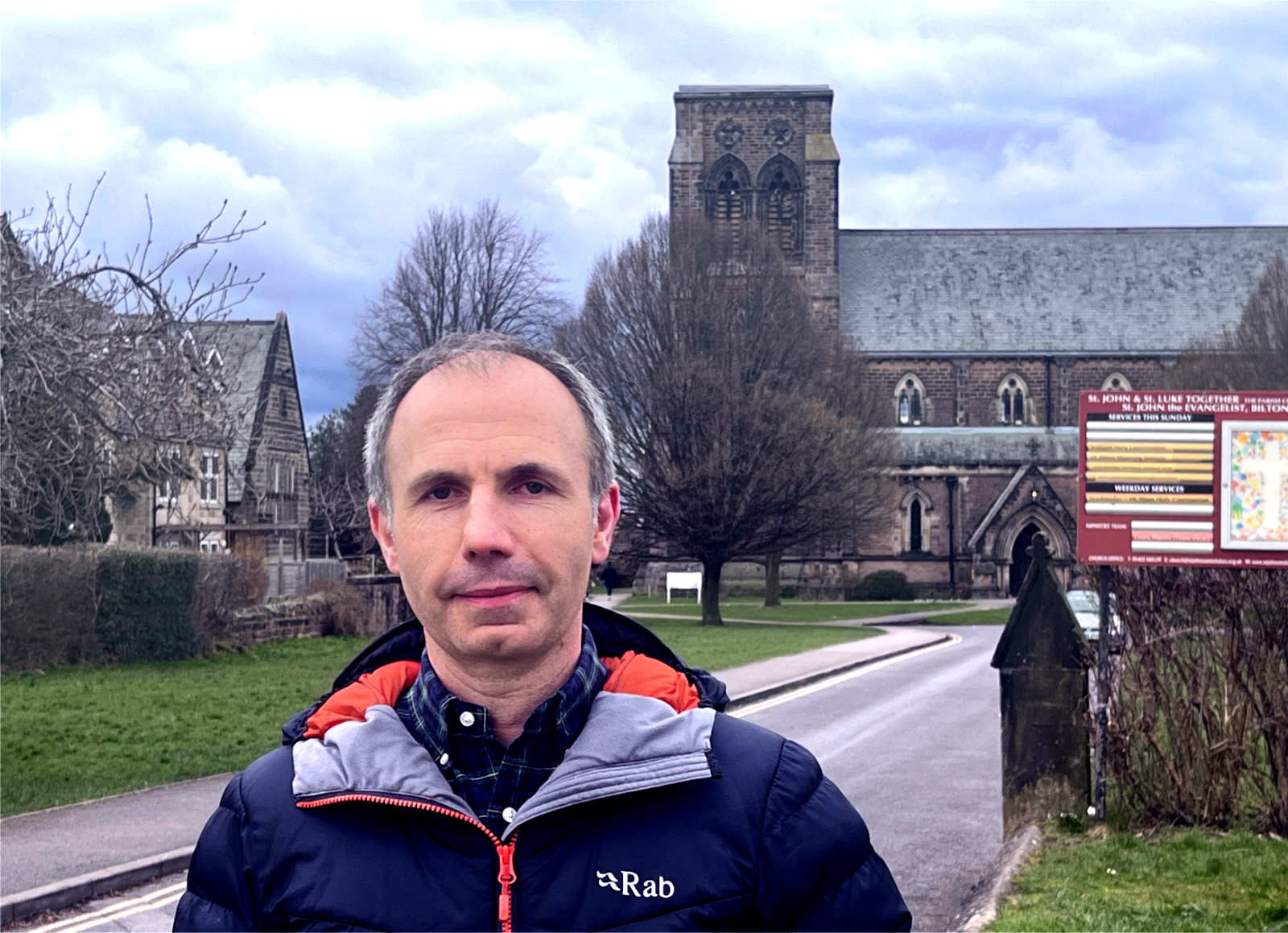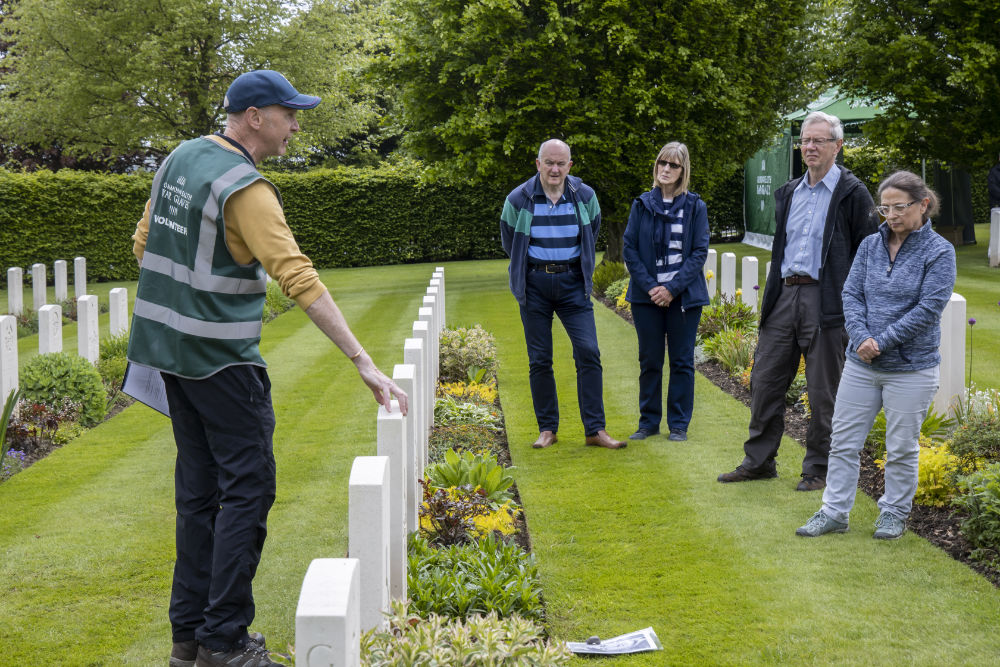This Christmas, the Police in England and Wales are reporting a 31% rise in cases of domestic abuse between 2013 and 2015.
As many as 1 in 4 woman and 14% of men are affected by domestic abuse and many cases go unreported.
IDAS (Independent Domestic Abuse Services) provide support, advice and refuge to those affected by domestic abuse across North Yorkshire.
Sarah Hill, Director of IDAS said:
These figures demonstrate that we must all work together to support those affected by domestic abuse and ensure that they feel confident to come forward and seek help. We would encourage them to get in touch. We work closely with the Police locally and have received additional funding from the Office of the Police Crime Commissioner to ensure that support is available across the county.

Assistant Chief Constable Paul Kennedy said:
Our successful partnership working was recognised by HMIC and we will continue to work closely with partner organisations to ensure that vulnerable victims get the best service possible, specifically services around children and young people.
Financial concerns, increased alcohol consumption, unrealistic expectations and family tensions make Christmas a stressful time for most families. However, when there is already domestic abuse happening within a family these tensions can escalate and result in someone getting hurt. An experienced practitioner from IDAS gives her recommendations for reducing the risk of abuse.
Domestic abuse is one person wanting to have power and control over their current, ex-partner or family member, such as child to parent.
Abusers use a range of techniques to lock their victims into a tight cycle of power and control. They might achieve this in a number of ways including: humiliating them; shouting, constantly criticising them and putting them down; controlling finances; isolating them from friends and family; checking up on them; insisting on having access to their phone and emails; forcing them into unwanted sexual activity; kicking, punching, slapping, hitting them and threatening them. Abuse can be physical, emotional, financial, psychological or sexual and can affect anyone.
Donna, an experienced practitioner from IDAS, recommends these small steps for people who feel that their behaviour is causing problems for them or their loved ones:
- Recognise when your anger is rising and act to deal with this at the earliest point.
- Take time out – remove yourself from the situation but explain to a partner that you plan to do this and that this is to moderate your behaviour not to punish them.
- Use your time out appropriately don’t drink or spend time with people who may also feel aggression is normal. Choose to spend time with someone who will calm you rather than make your anger worse.
- Tell yourself Christmas is a couple to days to enjoy with your family. Abuse can lead to you losing your family, it’s up to you to manage your behaviour and if you do, your family will still be around for you after Christmas.
- Think about the childhood memories you want your children to have.
- Domestic abuse causes distress, fear and serious harm to victims and children and can result in a family having to flee their home and the perpetrator receiving a prison sentence. Look out for each other.
IDAS run a voluntary programme, Positive Steps, for men who want to change their behaviour. For more information contact info@idas.org.uk







